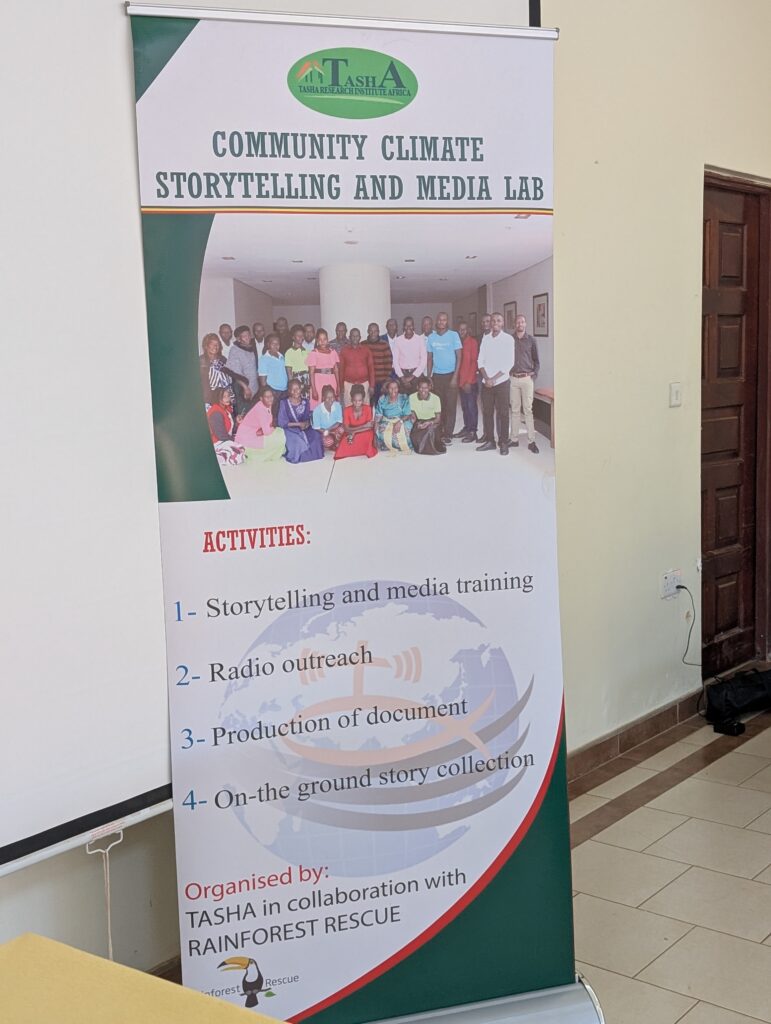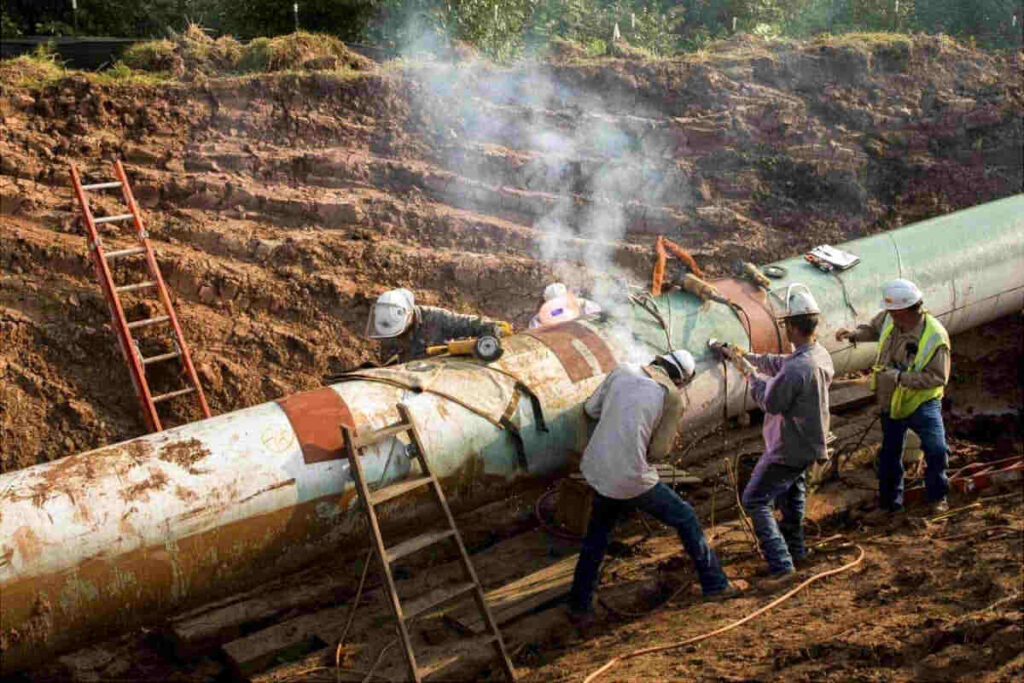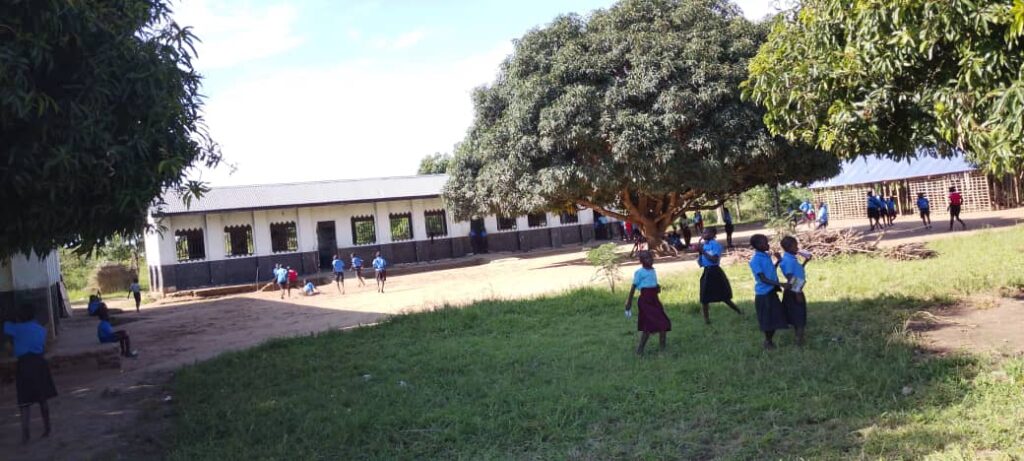It begins with rain.
Not a downpour, not a storm—just ordinary Ugandan rain, falling softly at first on the villages of Kyakatemba and Kidoma in Kikuube District. But to the people who live there, each drop carries a familiar dread. Because with the rain comes the soil—waves of it—washing down from the scarred hillsides where the Chinese Railway Seven Group once mined maram during the construction of the Kiziranfumbi-Kabaale Road.
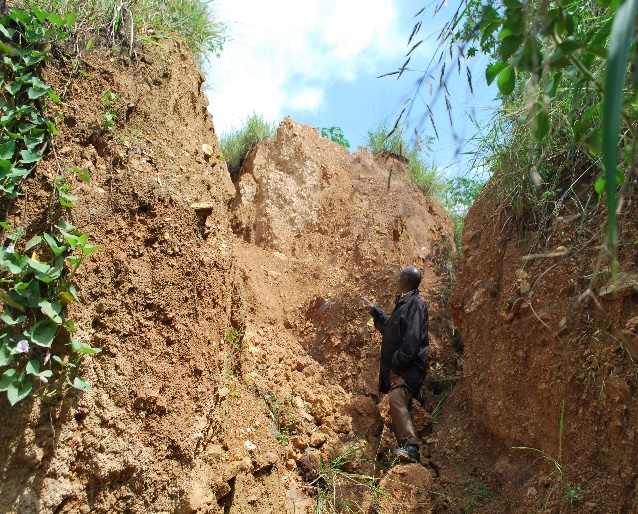
Years ago, these villages welcomed the idea of development. The promise of a better road meant hope—faster access to markets, schools, and health centers. But when the construction crews came and tore into the land, they left more than dust behind. They left wounds. And when the machines rolled out, no one came to heal them.
Instead of restoring the land they had mined, the company dumped random soil from elsewhere, leaving the earth loose and unstable. They took the maram, but gave back nothing. No drainage channels. No vegetation cover. No protection for the community left behind.
Now, whenever it rains, the villagers brace themselves. The loose soil tumbles down the slopes, flooding their homes, silting their water sources, and smothering their gardens in infertile debris. Kanywabarogo Road—their vital artery—is cut off again and again by sludge. Crops turn yellow. Yields vanish. Land becomes useless. A slow, silent landslide is eating away not just at the soil—but at the future.
Seven years have passed. Seven long years of pleading, writing, hoping. Yet the cries of the people remain unanswered. It is not just the earth that has been eroded—it is trust, dignity, and livelihood.
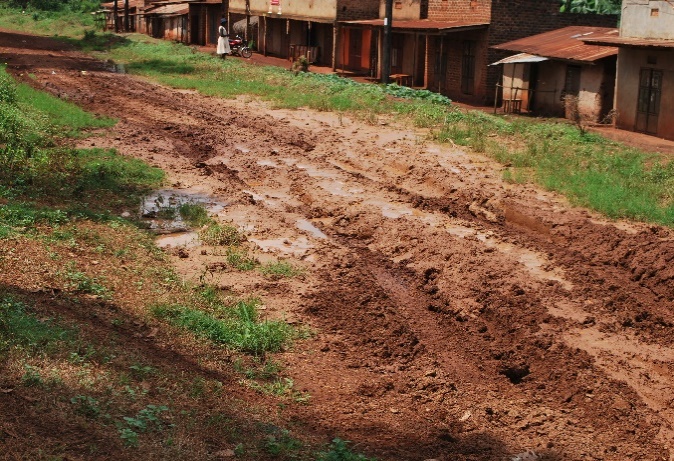
This is not an isolated event. It is a familiar pattern across the global South—where the promise of development often masks the quiet violence of extraction. Where corporations see land as a resource to be mined, not a home to be respected. Where communities are consulted only in slogans, and left behind in silence.
At Tasha Research Institute Africa, we see these landslides not merely as a natural disaster, but as the human cost of unchecked corporate greed. Profit without accountability is a dangerous thing. It moves earth, displaces lives, and buries futures beneath a facade of progress.
But it doesn’t have to be this way.
We believe in a model of development that honors people and planet alike. We call on government agencies, environmental authorities, and international allies to stand with the people of Kyakatemba and Kidoma. To restore the land. To restore justice. And to ensure that no community is ever again sacrificed for the sake of someone else’s profit.
Because when the earth cries, we must listen. And when people rise, we must rise with them.
— Tasha Research Institute Africa | For Justice. For Communities. For the Future.


